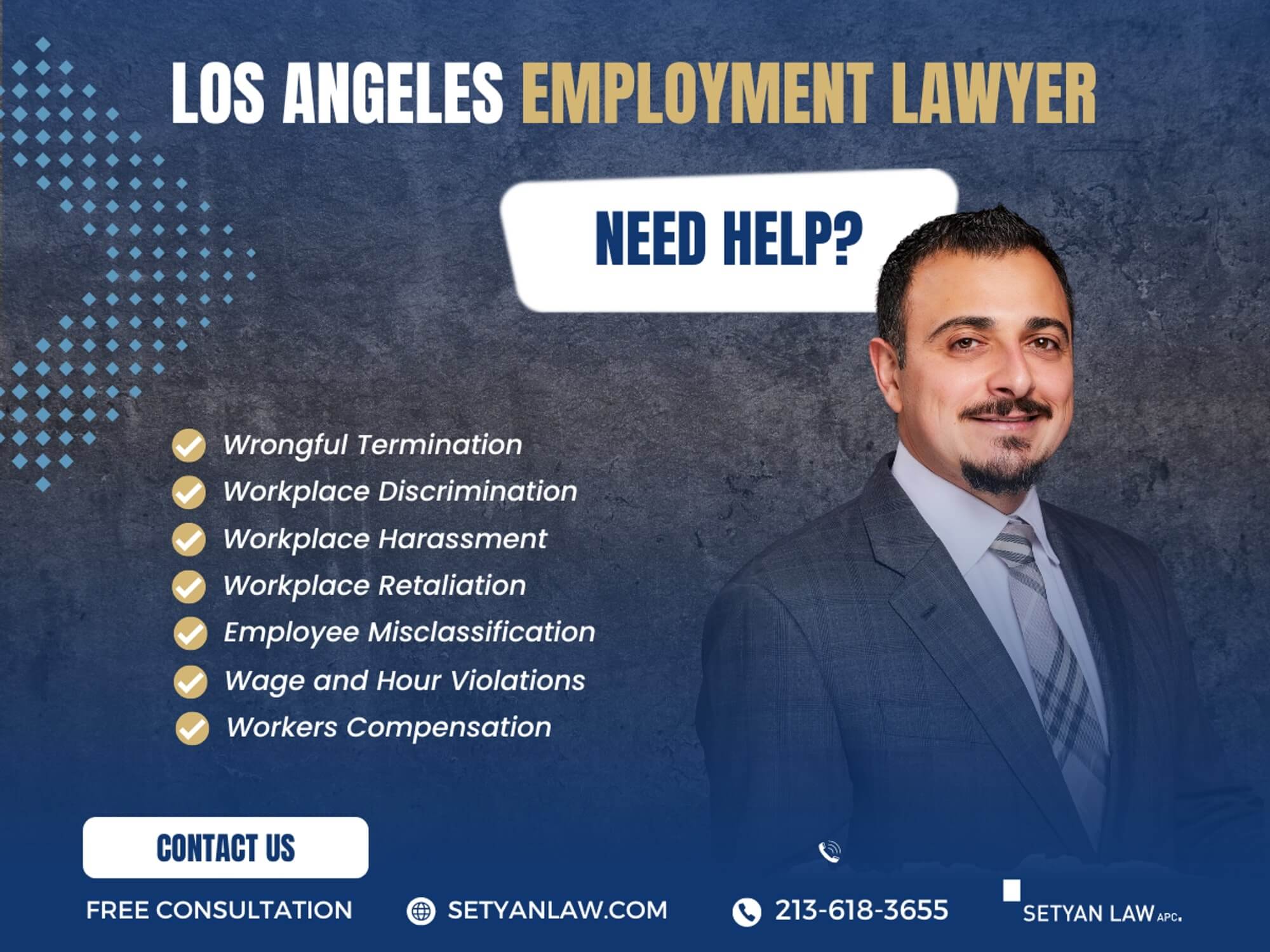Updated September 22, 2025
What Is a Contingency Fee?
A contingency fee arrangement means a lawyer only gets paid if they win or settle your case. Instead of paying hourly rates or a flat fee, you agree to give the attorney a percentage of the compensation you recover—commonly between 25% and 40%.
Key Features of Contingency Fees
- Risk-sharing: The attorney takes on financial risk. If they lose, you usually owe nothing for their services.
- Best for damages claims: Common in personal injury and employment cases with potential monetary recovery.
- Case selection: Lawyers are selective, choosing cases they believe have a strong likelihood of success.
Quick Example
If you win a $100,000 settlement and your agreement is for 33%, the attorney would take $33,000 as their fee.
Note: Court costs and case expenses (filing fees, experts, records) may be deducted separately. Review your fee agreement.
What Does Pro Bono Mean?
Pro bono comes from the Latin pro bono publico, meaning “for the public good.” Lawyers who work pro bono provide their services free of charge, regardless of the case’s outcome.
Key Features of Pro Bono Work
- Completely free: The client does not pay the lawyer, even if they win.
- Access to justice: Often focused on helping clients who cannot afford representation.
- Professional duty: Many bar associations encourage attorneys to dedicate pro bono hours each year.
Typical Example
A lawyer might volunteer to handle a housing dispute for a low-income tenant who otherwise could not afford counsel.
Contingency vs. Pro Bono: Side-by-Side Comparison
| Aspect | Contingency Fee | Pro Bono |
|---|---|---|
| Payment | Attorney takes a percentage of your winnings. | Attorney works completely for free. |
| Financial Risk | Lawyer assumes risk; paid only if you win. | No payment required, regardless of outcome. |
| Case Types | Personal injury, employment disputes, some civil claims. | Civil rights, family law, immigration, housing. |
| Accessibility | Good for clients who can’t pay upfront but expect compensation. | Best for clients with limited means and no financial recovery. |
How to Decide Which Is Right for You
- Assess your case type: If your claim involves potential monetary compensation, a contingency fee may be ideal.
- Evaluate your financial situation: If there’s no potential recovery and you can’t afford a lawyer, pro bono services could be the answer.
- Consult multiple attorneys: Different firms may offer different options based on your case’s merits and needs.
- Read the fine print: Contingency agreements often include details about court costs and expenses—make sure you understand them.
Frequently Asked Questions
Is a contingency fee really “no win, no fee”?
Usually for attorney time, yes. However, you may still be responsible for certain case costs. Always review your engagement agreement.
Can a case be both pro bono and contingency?
They are distinct structures. A pro bono matter is free regardless of outcome; a contingency matter pays the lawyer from any recovery. Firms rarely mix them.
Do all lawyers offer pro bono services?
Many do, but availability varies by firm, practice area, and workload. Legal aid organizations can help you find options if you qualify.
Need Guidance on Fee Options?
If you’re unsure which arrangement fits your situation, speak with an attorney about your case and goals. A short consultation can clarify costs, timelines, and likely outcomes.
This article is for general information only and does not constitute legal advice.
Call Setyan Law at (213)-618-3655 to schedule a free consultation.






